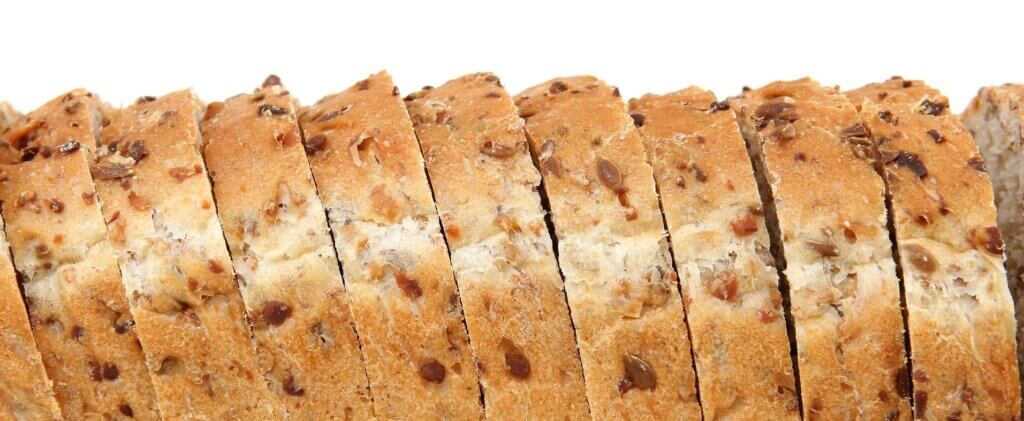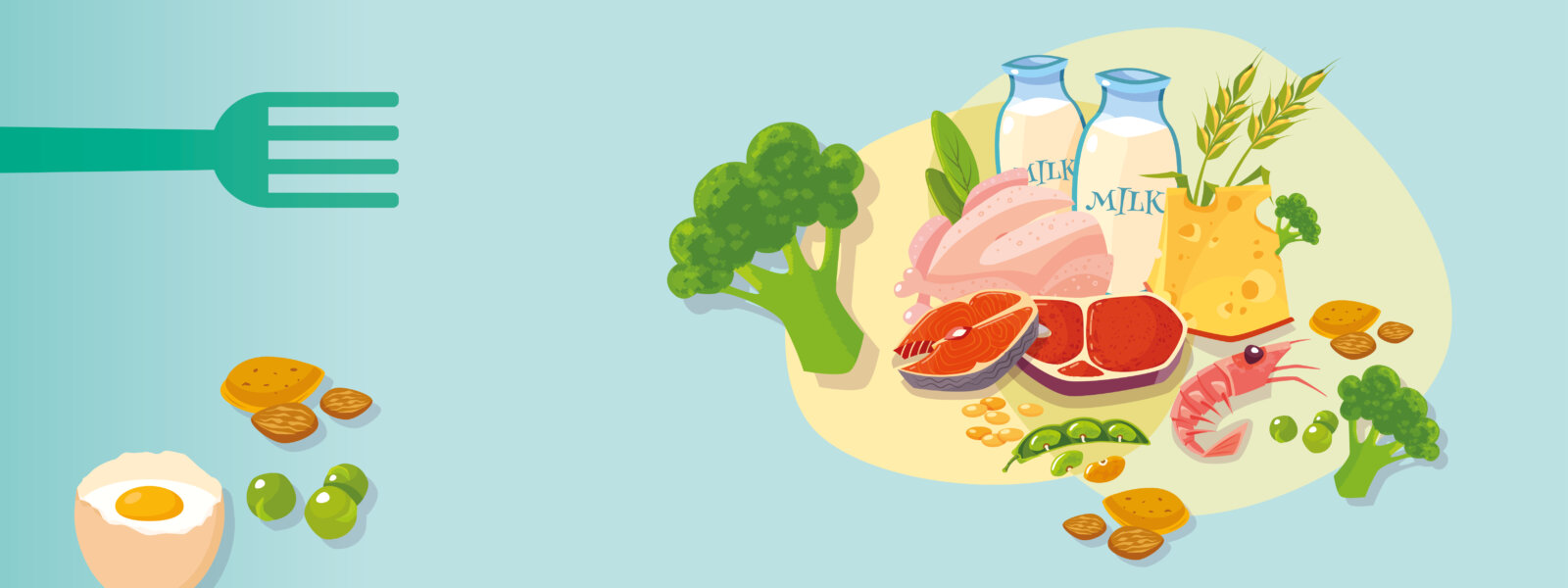Nutrition, menopause and PH
This section has been written by Shaun Clayton, a Certified Nutritionist and Director of Operations and Finance at the PHA UK
Alongside lifestyle adjustments, paying attention to your nutritional needs is crucial during perimenopause and menopause. By adopting a balanced and thoughtful approach to your diet, you can support your overall health and manage menopausal symptoms more effectively.
This section outlines the main nutritional considerations during menopause, providing useful tips and insights to help you navigate this transformative stage with confidence.
Calcium: Building strong bones

As Oestrogen levels decline during menopause, women become more susceptible to osteoporosis, a condition characterised by weakened bones. Calcium intake takes centre stage in maintaining bone health. Incorporate calcium-rich foods like dairy products, leafy green vegetables, and fortified plant-based milks into your diet. If you’re unsure about how to maintain a healthy dose, you can consult a healthcare professional about calcium supplements to ensure you meet the recommended daily intake. By prioritising calcium, you can strengthen your bones and reduce the risk of fractures and osteoporosis-related complications.
Vitamin D: Sunshine vitamin for bone health

Vitamin D works in tandem with calcium, enhancing its absorption and supporting bone health. However, reduced sunlight exposure during menopause can hinder the body’s ability to produce adequate vitamin D. Include vitamin D-rich foods like fatty fish, fortified dairy products, and egg yolks in your diet. (The term ‘fortified’ simply means that it is a product with added vitamins and minerals not normally found in them). Additionally, spending time outdoors in sunlight (with proper sun protection!) can help your body synthesise vitamin D.
Everyone in the UK should be supplementing with Vitamin D due to the lack of sun exposure we get, so it’s worth discussing this with your GP. By maintaining sufficient vitamin D levels, you can optimise calcium utilisation and promote strong bones.
Fibre: Promoting digestive health and weight management

The hormonal fluctuations during menopause can contribute to weight gain and an increased risk of cardiovascular disease. Emphasising dietary fibre can help regulate digestion, manage weight, and reduce the risk of heart problems. Prioritise fibre-rich foods such as whole grains, fruits, vegetables, legumes, and nuts. These not only promote healthy digestion but also provide a feeling of fullness, aiding in weight control.
Phytoestrogens: Plant power for hormonal balance

Phytoestrogens are plant compounds that have a mild oestrogen-like effect in the body. They can help alleviate some menopausal symptoms by binding to oestrogen receptors. Foods rich in phytoestrogens include soy products like tofu and tempeh, flaxseeds, sesame seeds, and legumes. By incorporating these foods into your diet, you can potentially mitigate hot flashes, mood swings, and other discomforts associated with hormonal fluctuations during menopause. However, it’s essential to consult your GP or pharmacist to determine the right balance of phytoestrogens based on your individual health needs.
Omega-3 fatty acids: Heart-healthy allies

Omega-3 fatty acids offer anti-inflammatory benefits and support cardiovascular health. Including omega-3-rich foods in your diet can be particularly beneficial during menopause. Fatty fish like salmon, mackerel, and sardines, along with walnuts, flaxseeds, and chia seeds, are excellent sources of these essential fats. By consuming omega-3 fatty acids regularly, you can reduce inflammation, lower the risk of heart disease, and support overall well-being during this transformative stage. I personally struggle with my omega-3 intake so I supplement with over-the-counter tablets
Hydration and urinary health

Hormonal changes during menopause can increase the risk of urinary tract infections and bladder issues. Adequate hydration is essential to support urinary tract health and overall wellbeing. Make sure to drink plenty of water throughout the day and consider incorporating hydrating foods such as fruits and vegetables into your meals. Herbal teas can also contribute to your fluid intake. By staying properly hydrated, you can reduce the risk of urinary tract infections, maintain optimal urinary function, and support your overall health during menopause. Diuretics are something to consider with this, so it would be worth discussing what the optimal amount of water per day would be for you individually.
Limiting caffeine and alcohol

Don’t shoot the messenger but caffeine and alcohol consumption can worsen symptoms such as hot flashes, mood swings, and disrupted sleep during menopause. Reading the literature, it’s advisable to limit or avoid these substances as much as you can, particularly if they trigger discomfort to you personally. Caffeine is found in coffee, tea, energy drinks, and some sodas – there are however, some fantastic, decaffeinated alternatives. When it comes to alcohol, moderation is key. If you choose to drink, do so in moderation and be mindful of how it affects your symptoms. By reducing caffeine and alcohol intake, you can potentially alleviate some of the quality-of-life challenges associated with menopause.
Navigating menopause involves embracing a holistic approach to wellbeing, and nutrition plays a crucial role in supporting this transformative phase. By focusing on key considerations such as calcium, vitamin D, fibre, phytoestrogens, omega-3 fatty acids, hydration, and moderating caffeine and alcohol intake, you can manage menopausal symptoms more effectively and support your long-term health. Remember that everyone’s experience is unique, so it’s important to consult with your specialist team, pharmacist or GP who can provide personalised guidance tailored to your specific needs.
















